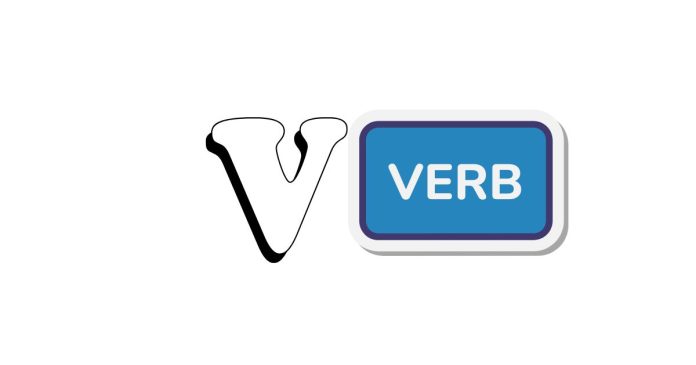Here are some action verbs that are commonly associated with rivers, describing the movement, flow, and behavior of rivers, as well as actions related to human interaction with them:
Action Verbs Related to Rivers (Natural Movement)
- Flow – Rivers flow as they move across the land.
- Course – Rivers course through valleys, landscapes, and plains.
- Surge – Rivers surge during heavy rain or floods.
- Meander – Rivers meander, following a winding or curving path.
- Carve – Rivers carve through rock and land, forming valleys and gorges.
- Stream – Water streams through the riverbed.
- Rush – The river rushes when it’s swollen with water from rainfall or snowmelt.
- Erode – Rivers erode banks, rocks, and landscapes as they flow.
- Converge – Smaller streams converge to form a river.
- Merge – Tributaries merge with the main river.
- Flood – Rivers flood when they overflow their banks, typically due to heavy rain.
- Swell – Rivers swell during periods of intense rainfall or snowmelt.
- Gush – Water gushes from springs or waterfalls feeding into a river.
- Collect – Rivers collect runoff from rainfall, lakes, or streams.
- Overflow – Rivers overflow their banks during heavy rains or floods.
- Diverge – In some cases, a river can diverge into different branches or distributaries.
Action Verbs Related to Human Interaction with Rivers
- Navigate – People navigate rivers for transportation or recreation.
- Dam – Humans build dams to control river flow.
- Divert – Rivers can be diverted for irrigation or power generation.
- Channel – Rivers can be channeled for flood control or navigation.
- Pollute – Rivers can become polluted through human activities, like dumping waste.
- Harness – Humans harness river power for energy (e.g., hydropower).
- Survey – Scientists and engineers survey rivers for planning and research.
- Drain – Excess water can be drained from a river through canals or pumps.
- Cross – Rivers are crossed by bridges, ferries, or boats.
- Flood – People may intentionally flood certain areas (e.g., in controlled agricultural areas or for reservoir management).
- Barge – Barges move along rivers, transporting goods.
- Fish – People fish in rivers for food or sport.
- Pollute – Rivers can become polluted by industrial or agricultural waste.
- Tame – Humans tame rivers with engineering projects like levees or reservoirs.
These verbs reflect both the natural processes that shape rivers and the human activities that interact with or modify them.



